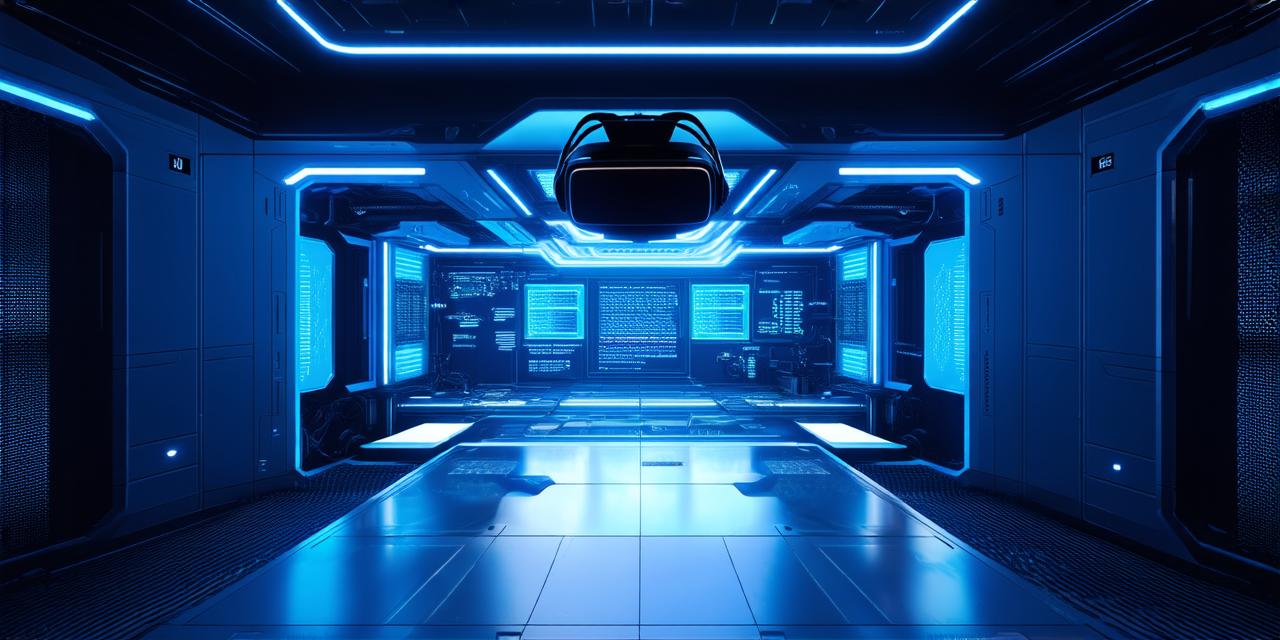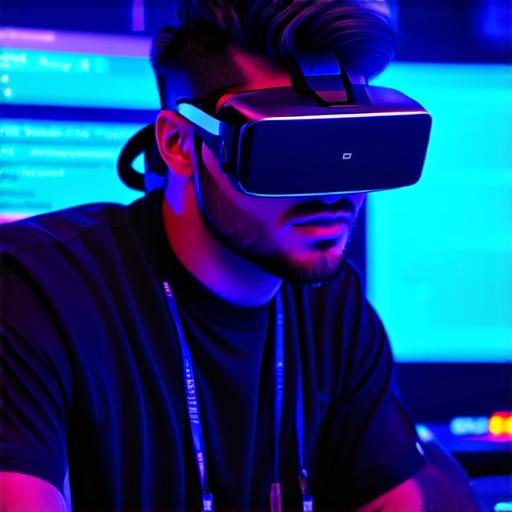
What are the responsibilities of a virtual reality developer?
Virtual reality (VR) is an emerging technology that has the potential to revolutionize the way we interact with digital content. As VR continues to grow in popularity, so does the demand for skilled developers who can create immersive and engaging experiences.
Key Tasks and Duties
Virtual reality developers are responsible for creating and maintaining virtual worlds and experiences. Some of the key tasks and duties associated with this role include:
- Designing and developing virtual environments: VR developers must be able to create immersive and engaging virtual environments that transport users into a new world. This includes designing the layout, textures, and lighting of the environment, as well as creating interactive elements such as objects, characters, and puzzles.
2. Programming and scripting: VR developers must have strong programming skills to create interactive elements and controls within the virtual environment. This can include using scripting languages like C or Unity to develop user interfaces, add game logic, and control character movements.
3. Optimization and performance tuning: VR experiences require high-performance graphics and smooth gameplay. VR developers must be able to optimize the code and assets within the environment to ensure that the experience runs smoothly on a variety of devices and platforms.
4. Testing and debugging: Virtual reality development requires extensive testing and debugging to ensure that the experience is bug-free and runs smoothly on all devices and platforms. VR developers must be skilled at identifying and resolving issues that can arise during development.
5. Collaboration with other team members: VR development often involves collaboration with a variety of team members, including artists, designers, and project managers. VR developers must be able to work effectively with these team members to ensure that the final product meets the needs of both the client and end-user.
Skills and Qualifications
To become a successful virtual reality developer, you will need to possess a combination of technical skills and creative abilities. Some of the key skills and qualifications required for this role include:
- Programming expertise: VR developers must have strong programming skills in languages like C or Unity. They should also be familiar with other programming languages such as Java, Python, and JavaScript.

2. 3D modeling and animation: VR development requires a strong understanding of 3D modeling and animation techniques. Developers must be able to create 3D models, rig characters, and animate objects within the virtual environment.
3. Game design: VR developers must have a strong understanding of game design principles and be able to create engaging gameplay experiences within the virtual environment.
4. Graphics programming: VR development requires knowledge of graphics programming techniques, including shader programming and texture mapping.
5. Collaboration skills: VR development often involves collaboration with a variety of team members. Developers must be skilled at working effectively with others to ensure that the final product meets the needs of both the client and end-user.
Case Studies and Personal Experiences
To gain a better understanding of the responsibilities of a virtual reality developer, it can be helpful to explore real-life examples of this role in action. Here are some case studies and personal experiences that illustrate the key tasks and duties involved:


